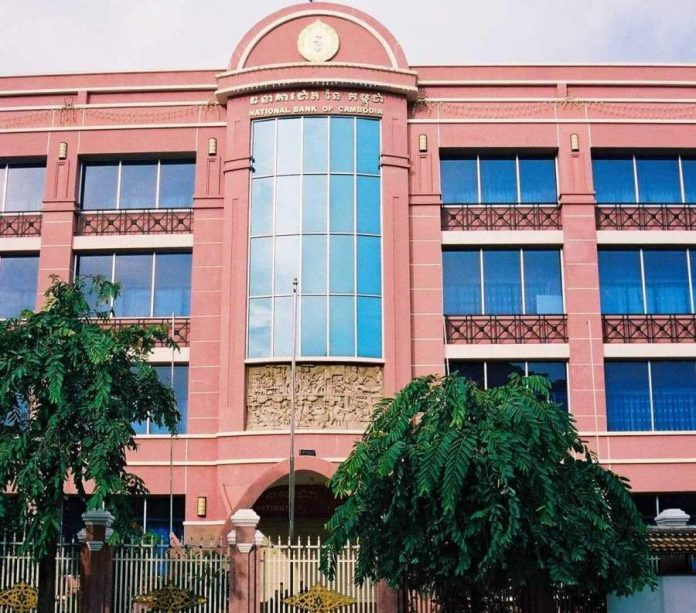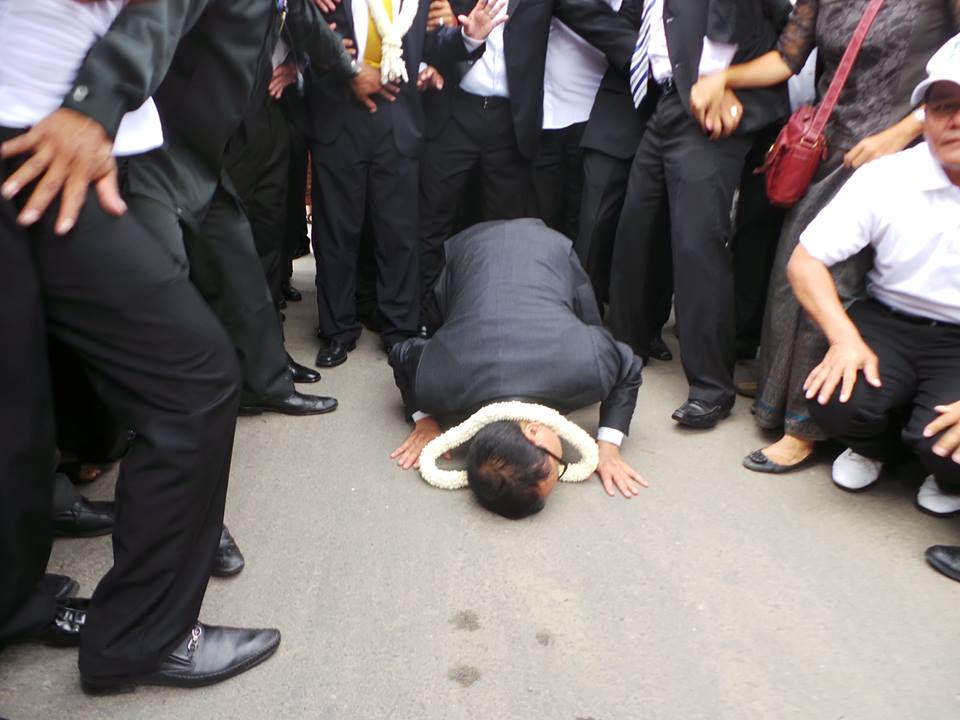Cambodia’s Money Laundering Relisting Shows Dangers of Corrupt Institutions
By Sam Rainsy -March 5, 2019, Op-Ed: The Geopolitics

The global money laundering watchdog Financial Action Task Force (FATF) in February put Cambodia on its “grey” watchlist because of concerns over money laundering. The decision highlights the need for concerted international action against a corrupt and repressive regime that provides a haven for dubious cash flows.
Cambodia was removed from the FATF grey list in 2015. Being relisted again so quickly indicates the speed of the deterioration in Cambodia’s governance, and the dangers of being misled by a corrupt regime. The grey list can be the path to the blacklist, reserved for pariahs such as North Korea. Pakistan was put on the grey list in June 2018 and warned it may be blacklisted by October 2019 if it does not curb money laundering and terror financing. Cambodia will find it much harder to get off the greylist for a second time.

Money from opaque sources continues to flow into Cambodia’s casinos, banks and the real estate market. Yet the FATF noted in its decision that no money-laundering case has ever been prosecuted in Cambodia, and that the country has made minimal use of financial intelligence to investigate money laundering and terrorism financing. These failures must be seen in the context of Cambodia’s highly corrupt institutions. The country was ranked an abysmal 161 out of 180 countries surveyed by Transparency International in its 2018 Corruption Perceptions Index. The Rule of Law Index for 2019 published by the World Justice Project placed Cambodia at 125 out of 126.
Cambodia has been stuck at the bottom of these rankings for many years. The government exists as a front for an operation to strip the country of its natural resources for private gain. It has evicted huge numbers of Cambodians from their land with no regard for their rights and scant interest in their well-being. This is done to secure the access of the powerful to the country’s natural resources, such as rubber, timber, sugar and sand. The absence of the rule of law also makes Cambodia a haven for international criminals. Maritime vessels using the Cambodian flag have done so as a cover not only for illegal fishing but drug trafficking, petrol smuggling and arms trading.
Cambodia’s compliant courts are designed to hide the truth. They shy away from investigating corruption among the country’s powerful elite, instead launching politically motivated investigations against the opposition. The case of Kem Sokha, leader of the opposition Cambodia National Rescue Party (CNRP), has focused the attention of the international community. Kem Sokha remains under house arrest in Phnom Penh facing a fabricated charge of treason. Prime Minister Hun Sen knows that there is no credible evidence to take to a show trial, and no easy way to drop the charge without making its bogus nature clear for all to see.
The move by the FATF is a sign of Cambodia’s increasing international isolation. The FATF was founded by the G7 to combat money laundering and terrorism financing. The presidency is currently held by the US and the vice presidency by China. Its decision on Cambodia comes against the backdrop of the imminent prospect of the country losing its duty-free access to markets in the European Union and the US for its disregard for democracy and human rights. To date, the response of former Khmer Rouge commander Hun Sen has been to threaten to eliminate the opposition before the sanctions come into effect.
The problems highlighted by the FATF can’t be solved in isolation. Cambodia needs to develop strong and independent institutions that are not beholden to dictatorship. Such institutions, the opposition CNRP party believes, can only be created through elections and a democratic mandate from the people. Now is the time for the international community to intensify the pressure on Hun Sen’s regime, not just for the benefit of Cambodians, but to protect the wider world from the dangers of lawlessness.
The views and opinions expressed in this article are those of the author and do not necessarily reflect the official policy or position of The Geopolitics.
